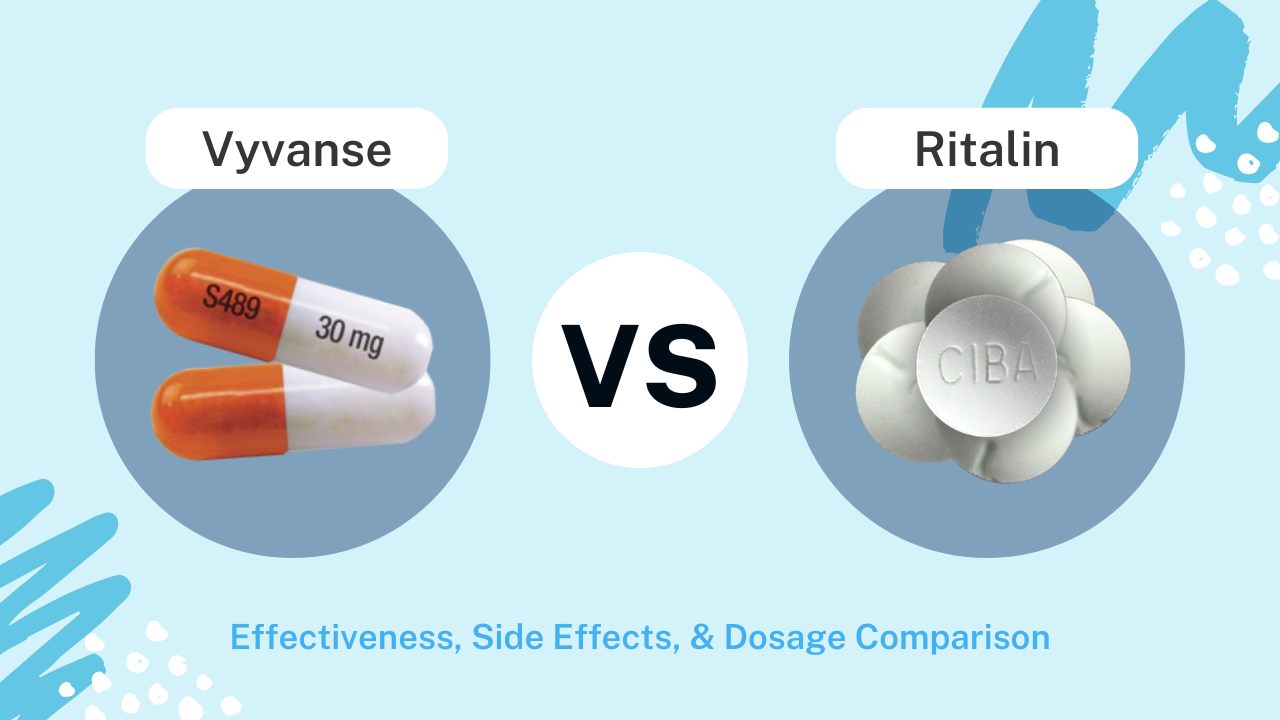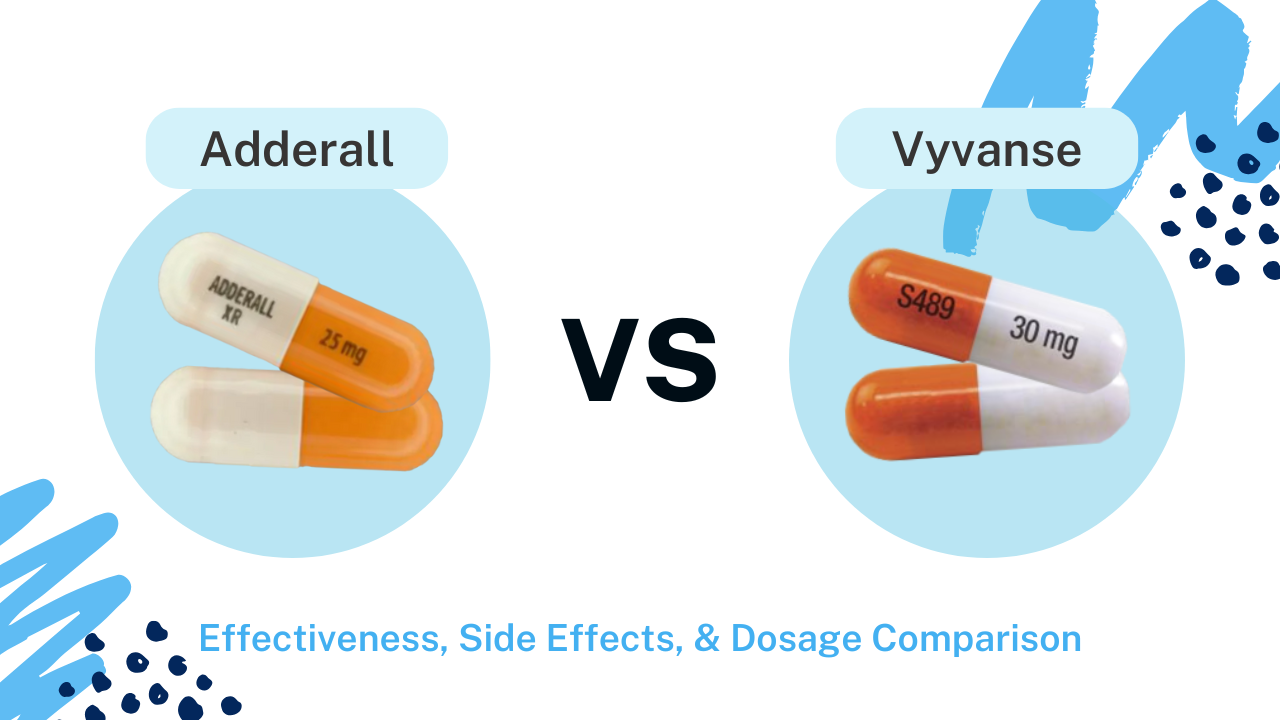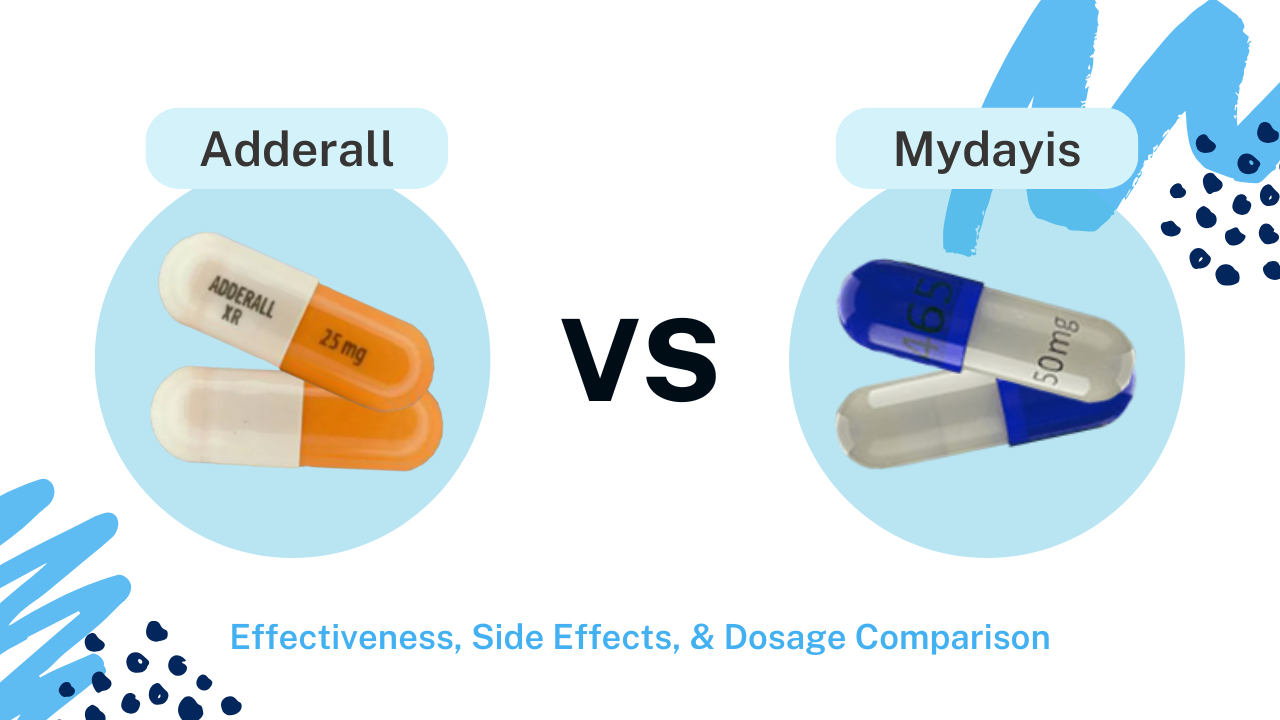Same Day Online ADHD Diagnosis
ADHD assessment?
Why ADHD Treatment Access Matters in Texas
You might feel like, despite your best intentions, you’re constantly behind. Somehow, deadlines sneak up on you and all the goals you make never get done, no matter how many organizational planners you buy. You’re probably exhausted from trying so hard and wondering why daily tasks seem so much easier for everyone else.
If you can relate, there might be more going on behind the scenes than you realize — your brain might just work a bit differently. The thought of having ADHD may have even crossed your mind before, but you might’ve dropped it since getting a diagnosis is just one more task you don’t have the time or energy for.
Fortunately, speaking with a licensed mental health professional in Texas, especially online, is becoming easier and easier. Whether you’re in Austin or some remote corner of the state, you can often get an ADHD diagnosis in Texas within the same week as starting the process.
Learning you have ADHD can transform your life, putting you on the path to getting the tools, strategies, and support that make daily life easier.
This guide will take you through your options for diagnosis and treatment in Texas so you can stop guessing and start moving forward with practical solutions for symptom management and a better quality of life.
How to Get Diagnosed with ADHD in Texas
With the rise in awareness around ADHD, options are growing for getting a diagnosis faster, especially in Texas. Both in-person and telehealth platforms are expanding, letting you choose what’s best for you.
Here are a few of the different types of professionals you can see for a legitimate diagnosis:
- Primary Care Providers (PCPs): This includes your family doctor or general practitioner (GP). They might do an initial screening and rule out other conditions that could lead to similar symptoms (thyroid issues, medication side effects, nutrition deficiencies, etc.).
- Psychiatrists: Trained medical doctors who specialize in mental health can do a thorough evaluation, diagnose, prescribe medication, and offer ADHD treatment plans. They also aim to rule out other conditions that can mimic ADHD symptoms, like anxiety, depression, PTSD, or bipolar disorder.
- Psychologists: Licensed psychologists provide in-depth assessments and diagnostic testing (also ruling out co-occurring conditions). Most offer ongoing talk therapy or behavioral strategies to help manage symptoms, but they don’t prescribe medication.
- Online Platforms: Companies like ADHD Advisor easily connect you with a licensed professional in your state to do an evaluation online. ADHD Advisor professionals can also prescribe medication when needed and offer talk therapy.
What to Expect
The ADHD diagnosis process can be relatively simple with a few steps, especially if you go the online route. Here’s what to expect when you get started:
- Intake Form: You’ll begin by answering simple questions about your daily life, habits, and medical history to see if ADHD symptoms are present.
- Standardized Rating Scales: These are clinical questionnaires that assess your focus, impulse control, memory, and emotional regulation.
- Interview: A conversation with a professional helps them understand your symptoms, history, and daily functioning. They’ll ask more detailed questions about your experiences and behaviours.
How Long Does it Take to Get an ADHD Diagnosis?
While the intake form and rating scales can take anywhere from 5 to 20 minutes, the interview usually lasts 1 to 2 hours. From the moment you start the process to when you get a diagnosis, it could be one day to a few weeks, depending on the provider you choose.
Medication Options for ADHD in Texas
Having an ADHD diagnosis doesn’t necessarily mean you need medication. While it’s common, a prescription depends on your symptom severity, health history, and treatment goals.
The most common medications for ADHD include:
- Stimulants: Stimulants, like Adderall and Ritalin, work quickly to increase focus and reduce hyperactivity and impulsivity.
- These medications increase neurotransmitters like dopamine and norepinephrine, which improve communication in the areas responsible for executive function and self-regulation.
- Note: Stimulants can be habit-forming. Texas Health and Human Services offers substance use services for families and people of all ages.
- These medications increase neurotransmitters like dopamine and norepinephrine, which improve communication in the areas responsible for executive function and self-regulation.
- Non-stimulants: Antidepressants (bupropion) or atomoxetine (Strattera) are prescribed when stimulants aren’t a good fit or cause side effects.
- These work to improve attention and reduce impulsivity by gradually increasing norepinephrine levels in the brain. They have a slower impact, meaning a gentler effect and often, a lower risk of abuse. They can help improve focus and impulse control by impacting areas of the brain that regulate behavior and concentration.
It’s also important to be aware that stimulant medications are controlled substances in Texas. That means they’re subject to strict regulations and aren’t available online — they require an in-person consultation with a licensed healthcare provider.
Therapy and Coaching for ADHD Management
Whether or not you choose to take medication, talk therapies and coaching is recommended. Research shows improved rates of symptom management when talk therapy is done with or without medication.
While medication targets brain chemistry, therapy and coaching work on symptom management strategies that you can put into action. You learn tools and tactics that can reduce overall stress and decrease symptoms for the long term.
Plus, having someone there to support you and offer action-based strategies you can practice gets momentum going, increasing self-esteem (and it gives you accountability — something we all need when we’re trying to change a habit or behavior).
Here are a few of the most common and research-backed talk therapies for managing ADHD:
- Cognitive Behavioral Therapy (CBT): One of the most popular methods, CBT reduces ADHD-related symptoms and co-occurring conditions like anxiety and depression. As you start noticing changes and get support, your self-esteem and overall quality of life also improve (making therapy helpful for anyone struggling with their mental health).
- Behavioral Therapy: Problem-Solving Therapy (PST), which comes from CBT, is highly effective for ADHD. It’s action-oriented and works more specifically on behaviors and symptoms. It offers immediate strategies you can put into place — like learning how to plan, organize, and follow through on tasks. The tools you learn can lead to better executive functioning and reduced daily overwhelm.
- ADHD Coaching: While many types of therapy, especially PST, include coaching with emotional regulation and internal problem-solving strategies, coaching alone focuses more on daily functioning and stress management (think routines, structure, and time management). Besides practical tools, the accountability coaching offers can be one of its biggest benefits, since research shows this is a key factor in promoting behavior change.
Thankfully, talk therapy is now widespread and available both in-person and through online platforms like ADHD Advisor. The stigma of seeing a therapist and coach is also declining, which used to be one of the biggest things that stopped people from giving it a try. Now, the Western world in particular celebrates looking after your mental health and seeing a therapist or coach.
While you might need to experiment with a few different professionals to find your match, once you meet someone you click with, progress can move quickly. With ADHD Advisor, you’ll be matched with a therapist best suited to your needs (but you can switch if you don’t feel a fit). You can also usually begin the same week, making it a fast and simple start.
Telehealth ADHD Treatment in Texas
Since COVID, the availability of telehealth has skyrocketed. It’s more accessible than even in Texas, especially for rural residents. Here’s what the law allows when it comes to ADHD:
- Diagnosis: You can get an ADHD diagnosis online via telehealth, as long as you speak with a Texas-licensed clinician (online platforms like ADHD Advisor will automatically match you with a professional in your state).
- Prescription: Non-stimulants can be prescribed online, while stimulants are strictly controlled in Texas and require in-person assessments.
- Therapy and Coaching: Learn how to manage symptoms and improve your overall well-being by regularly speaking with a mental health professional — online or in-person locally. There are short-term options available, like coaching or PST, which aim for fewer sessions (depending on the issue, it could be 4-12), focusing on specific issues (like procrastination, focus, habit-setting, etc.).
How Insurance and Cost Work for ADHD Care in Texas
Managing the cost of different treatments can feel overwhelming for anyone. However, affordable ADHD care in Texas is possible. Here’s a quick breakdown of your options:
- Private Insurance: Most plans cover some form of ADHD diagnosis and treatment. Call or email your provider to check your options and coverage.
- Medicaid: If you qualify, Texas Medicaid might cover behavioral health services in particular. Get in writing your options and use one of their health providers directly.
- Sliding Scale Providers: Depending on your income, many private therapists will adjust their fee to suit you best. Some clinics may also offer this option; you only have to ask by email or phone call since it’s not usually listed openly on websites. You can also check for benefits with Texas Health and Human Services.
ADHD Advisor offers a diagnosis and treatment with a superbill that you can submit for potential reimbursement from your insurance. Coverage will depend on your plan, so be sure to check with them. Price-wise, here’s what you might expect to pay up front:
- Initial Evaluation: $150-400
- Therapy or Coaching Session: $100-200
ADHD Advisor has a standard medication management plan of $130 per month; however, the cost may vary depending on your needs. Therapy may also cost $130 per week and is done over Zoom.
Local ADHD Resources and Support in Texas
Besides online care, Texas mental health resources offer different types of ADHD support systems you can access in-person, such as:
- CHADD Texas Chapters: Here you’ll find a wide range of support groups and education options for ADHD.
- Mental Health Clinics: Many Texas clinics offer low-cost diagnosis and treatment services for adults and children.
- College Counseling Centers: If you're a student, many Texas universities offer ADHD screening and accommodations.
FAQs
Can I get ADHD meds online in Texas?
You can get non-stimulant ADHD medication online with a Texas doctor. Stimulants, however, require an in-person visit.
What if I live in a rural part of Texas?
If you’re rural, try telehealth. As long as your provider is licensed in Texas, you can get a diagnosis and treatment online. If you’re only interested in coaching or talk therapy and are able to pay out of pocket, you can speak with anyone worldwide.
Is ADHD treatment covered by insurance in Texas?
It depends on your insurance plan. Most private insurance plans and Medicaid cover some sort of treatment, but it varies. ADHD Advisor provides you with a superbill that you can submit for potential reimbursement.
You Have Options, No Matter Where You Live in Texas
No matter where you live in Texas, you can get fast and easy online mental health support. Getting an ADHD diagnosis and treatment has never been easier, with ADHD Advisor even offering same-day initial evaluations when possible.
You’ll be matched with a Texas-licensed professional and schedule your ADHD evaluation. Once you get a diagnosis, you’ll have options available for therapy with an in-depth treatment plan, potentially including prescription medication.
Get started today with a quick 5-10 minute quiz that lets you know if getting an ADHD assessment is worth your time.























